“Young people who come into contact with our mission are capable to experience the joy of the gift, given and received”
Father Domenico Soliman, Superior General of the Society of St Paul
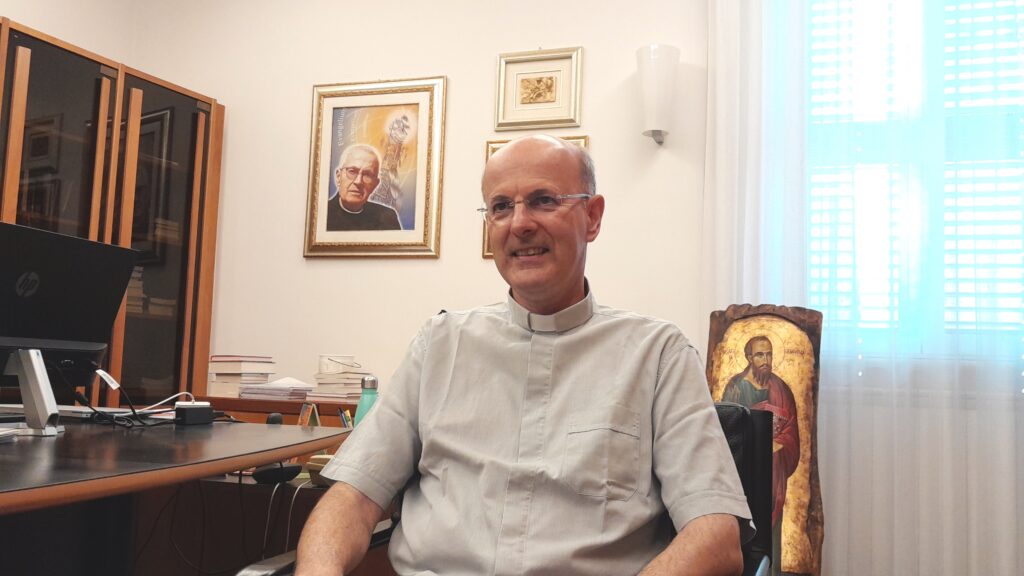
On the eve of the feast of Blessed James Alberione, founder of the Pauline Family, EXAUDI interviewed exclusively from Rome, the new superior general of the Society of Saint Paul, Father Domenico Soliman.
How do you evaluate your first year as Superior General of the Society of St. Paul?
A year of travel, meetings, verifications and planning for the future. Together with the General Councilors we visited more than ten of our circumscriptions scattered around the world, a true full immersion in the Pauline mission. For me it was the opportunity to know and above all listen to what my brothers experience, the challenges that are not lacking and their creativity in our mission. I think, for example, of the thousand opportunities in India and the Philippines, of our young people who are making the apostolic legacy their own, especially in the context of digital culture, a reality that challenges us and asks for dedication, discernment and creativity. For us Paulines it is a place to live with prophecy. I also think of the charismatic legacy that Blessed James Alberione, our founder, left us, of the centrality of our relationship with Jesus Way, Truth and Life from which our being apostles like Paul was born. In this epochal change there is a need to make communication a lifestyle well integrated into our personal and community life.
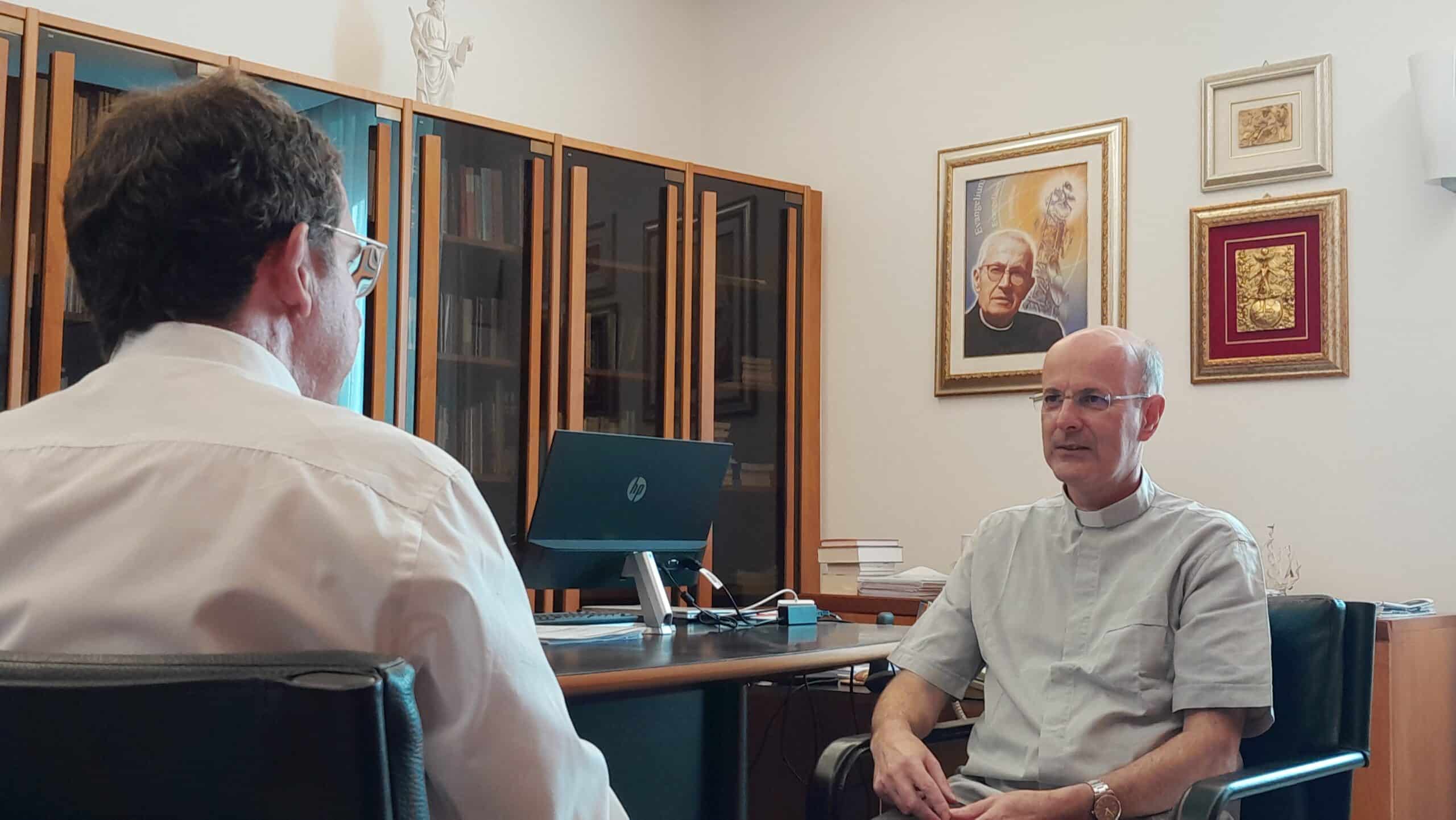 How are you addressing the problem of vocation, thinking about the decline in numbers in Western countries and above all the flourishing in Asia and Africa?
How are you addressing the problem of vocation, thinking about the decline in numbers in Western countries and above all the flourishing in Asia and Africa?
The topic of vocations is not just a question of strategy, of activities to plan… Sometimes you can run this risk. As a Congregation we see that in Asia and Africa, in the nations where we are present, there is no shortage of young people and this is a gift. There is an accentuated spiritual sensitivity, a more genuine way of living the faith. The ecclesial context is certainly more fruitful. This is not the case in Europe, while on the American continent it varies from nation to nation: I am thinking of the good vocational response in Brazil, but not only. The challenge, even for us Paulines, is not only that of numbers, but of the quality of the testimony of our communities. It is a question of life, of life as communion. Communication, if genuine, leads to communion and this is the context where the Pauline vocation was born. So the young people who come into contact with our mission want to see how communication, today also digital, helps them to be people of communion, capable of going out of themselves to experience the joy of the gift, given and received, a joy that is filled with meaning.
As Paulines you bring with you the desire to “listen more and better” to people, believers and non-believers. What are the fruits that you hope for in living your mission this way?
“Listening” is the first step of communication. It is often the most difficult preparation, the first step that one forgets to take. For our mission it is really necessary. Listening to our interlocutors means, for example, making our bookshops a place of dialogue, of meeting where the opportunity to present a book becomes the possibility of growing in the “culture of encounter.” I think of our editions, of the confreres who creatively carry forward an editorial line in Pauline periodicals, or of those who today are more involved in the digital, creating video and audio content for social media. There is always a need to deeply listen to our interlocutors and what they are facing on an existential level. Let us think about families or young people: what challenges are they experiencing? But not just them. There is so much humanity in the digital network and it is important to “listen to it with the heart” – as Pope Francis says – with love, because only in this way does our mission take on consistency, becoming neighbours, having our interlocutor at heart: the parable of the good Samaritan (Lk 10:25-37) is a good reference. The fruits that we experience are the young people who attend our university communication formation centers, or the many biblical initiatives experienced with creativity, such as the Biblical Festival in Italy or the Bible Quiz in the Philippines. Here are the fruits that are born for and with the people of God.
Why is it so difficult to “walk together” even in the Church? Is it perhaps a communication problem?
Walking together is difficult because we live in a cultural context, especially in the Western world, which puts the individual first. And this Favors a self-contained mentality, where everyone deals with the self. A society of individuals is poor, sterile – even in terms of births – and concentrated on possessing and consuming. Sometimes we talk about social development – which is important in itself – but in fact the word “development” is understood above all as economic development. In reality, however, the pandemic, which was preceded by the financial crisis that arose in the United States in 2008 and spread throughout the world, has strongly criticized precisely this false idea of development. We must rediscover the person in his identity, as Pope Francis is doing with his teaching, thinking of his encyclical “Fratelli tutti.” Talking about brotherhood means thinking of ourselves as people in relationships and therefore in dialogue, people who share and therefore walk together. We need to rediscover ourselves as interdependent on each other. Communication, in general, can favour or not favour this being people who walk together. Let me explain. Let’s think about the algorithms that are so important in digital communication: they are usually programmed with a view to collecting information and processing data to monitor society’s behaviour. They treat us as consumers and not as people. Is not that significant? They often bring groups of people together only following common interests, thus excluding everyone else. Communication on social media has a significant impact on shaping relationships. So here is Pope Francis’ insistence that we think of ourselves as a synodal Church that walks together, that works together to announce the Gospel in a credible way. Credibility is given by the ability to be people of communion with everyone.
How can the Pauline Family be creative today and give continuity to its specific charism?
The first thing I want to underline is the fact that we are the Pauline Family, a family of vocations, where families are also part of it. This aspect is important because there is a “generative principle” within us, an aspect that arises precisely from our relationship. This is how the Holy Spirit worked in the life of Blessed James Alberione. And so ten realities arose for evangelization in all contexts of life, in particular in the culture of communication. Creativity is necessary to reach everyone and Father James Alberione liked the word “everyone” because in it he saw the meaning of Jesus’ mission and therefore also ours: every person, every culture, all peoples can encounter Christ and his Gospel. Creativity is the fruit of a desire moved by the Spirit, which is to reach every interlocutor, even in the context of new realities such as Artificial Intelligence. Furthermore, creativity helps us to be outgoing people and therefore capable of grasping where the joy of the Gospel is really needed. Meeting our communities scattered around the world, I realize that we have many opportunities to live our mission, to give substance to a truly current apostolate. We often talk about social media, but let’s not forget how important still are books, magazines, radio… Creativity is necessary in all areas of communication. Creativity also in the context of the biblical apostolate. Next year, in fact, we will celebrate the 100th anniversary of the International Catholic Bible Society, founded by the will of our Founder and still operating especially in Spanish-speaking countries. We feel encouraged to continue this apostolate with new translations and editions, not only with editorial initiatives but also formative… How many opportunities, especially thanks to increasingly smart communication, without forgetting the importance of face-to-face meetings. Before us there are many possibilities to “be Saint Paul alive today,” to be Pauline “Editors,” where the word “editor” – recovering the Latin root of the term – expresses “giving, donating,” giving to the world Jesus as Mary did it, the first “Editor” of the Son of God. Precisely this being “Editors,” as Saint Paul was, defines our identity and will always give meaning to our life.
Related
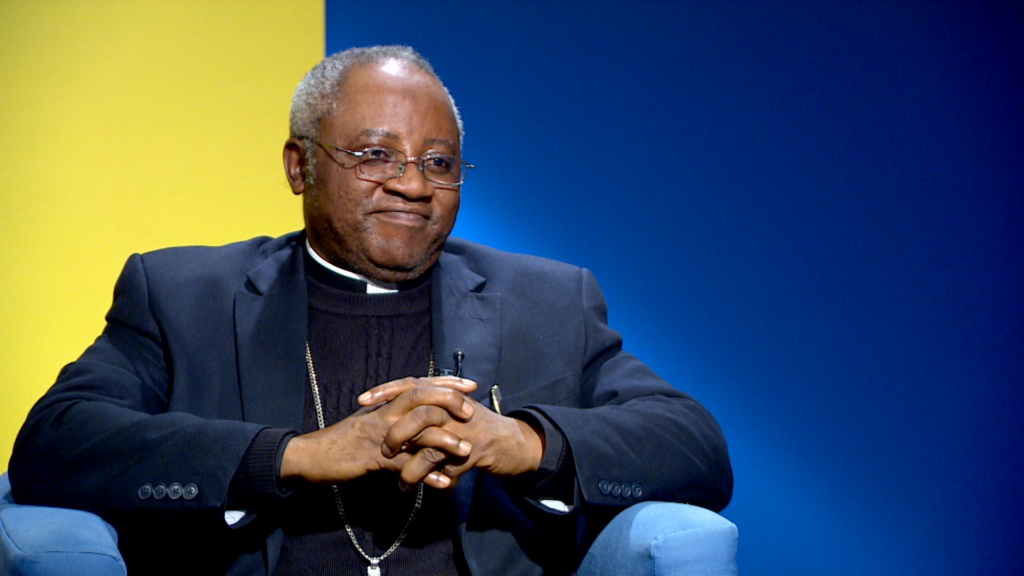
Despite hardships, Christianity is growing “astronomically” in northern Nigeria
Ayuda a la Iglesia Necesitada
10 April, 2025
3 min

“Christianity, a Powerful Engine of Social Transformation”
Exaudi Staff
09 April, 2025
3 min
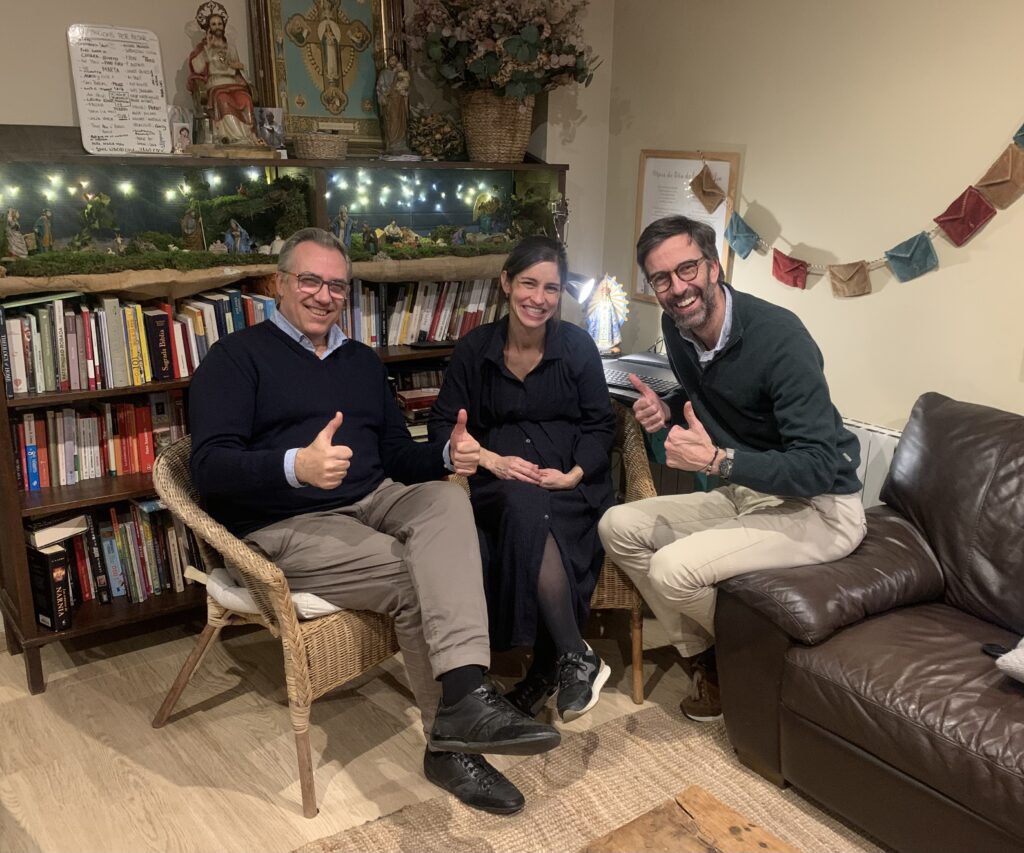
Let God be God
Albert Cortina
11 March, 2025
25 min
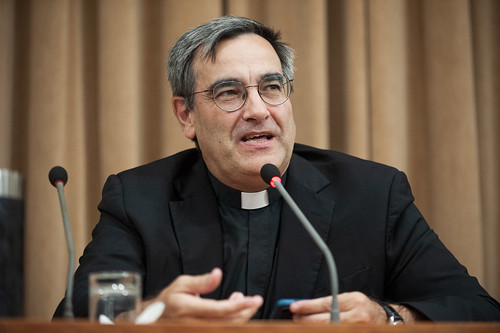
Fernando Puig, new rector of Santa Croce
Fundación CARF
19 February, 2025
6 min
 (EN)
(EN)
 (ES)
(ES)
 (IT)
(IT)

